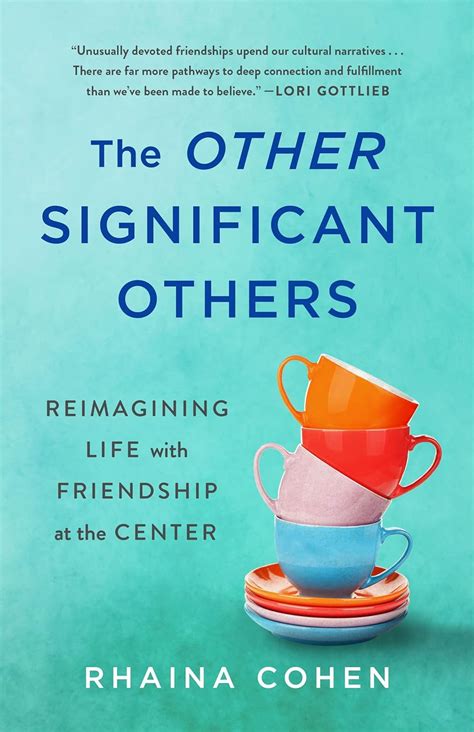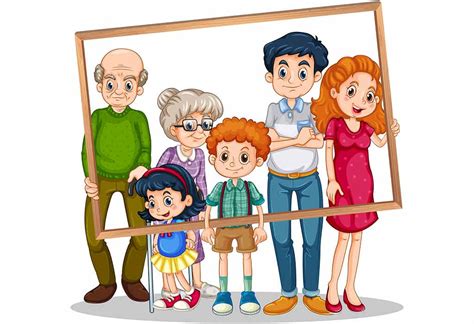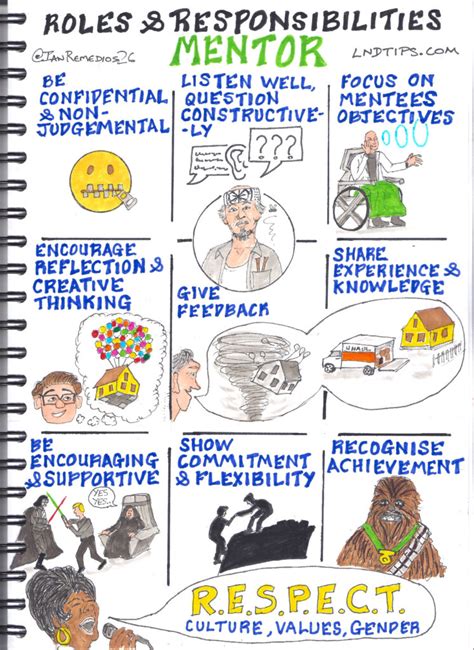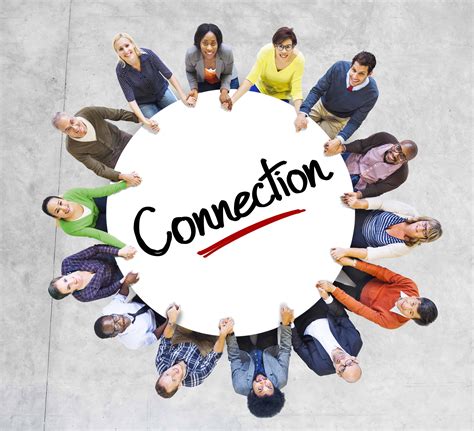Intro
Explore the complexities of significant relationships beyond romantic partners. Discover the impact of family, friends, and community on our emotional well-being. Learn how to nurture and prioritize these vital connections, fostering a deeper sense of belonging, emotional support, and overall happiness in your life.
In our lives, we often focus on romantic partners as the primary source of emotional support, companionship, and love. While romantic relationships are undoubtedly important, they are not the only significant relationships we have. In fact, there are many other individuals who play crucial roles in our lives, providing us with a sense of belonging, validation, and happiness. These other significant others can be just as vital to our well-being as our romantic partners.

Beyond romantic partners, there are several types of relationships that can bring joy, comfort, and meaning to our lives. These relationships can be just as intense, rewarding, and transformative as romantic relationships. In this article, we will explore the different types of significant others beyond romantic partners, their importance, and how they contribute to our overall well-being.
Family Members: The Original Significant Others
Family members are often our first and most enduring relationships. Our parents, siblings, and extended family members play a significant role in shaping our early lives, providing us with a sense of security, love, and belonging. As we grow older, our relationships with family members evolve, but their importance remains constant.
Family members can provide emotional support, practical help, and a sense of connection to our heritage and traditions. They can also be a source of conflict and stress, but ultimately, they are a vital part of our lives.

The Importance of Sibling Relationships
Sibling relationships are unique and can be incredibly significant. Siblings can provide a lifelong source of companionship, support, and love. Research has shown that sibling relationships can have a profound impact on our emotional and psychological development, influencing our attachment styles, social skills, and even our mental health.
Friendships: The Chosen Family
Friendships are another type of significant relationship that can bring joy, support, and meaning to our lives. Friends can provide a sense of belonging, companionship, and emotional support, often without the same level of commitment or expectation as romantic relationships.

The Benefits of Close Friendships
Close friendships have been shown to have numerous physical and mental health benefits, including reduced stress, improved mood, and increased longevity. Friends can provide a sense of security, validation, and support, helping us navigate life's challenges and celebrate its successes.
Mentors and Role Models: Guiding Lights
Mentors and role models can play a significant role in our lives, providing guidance, inspiration, and support. These individuals can help us navigate our careers, personal growth, and life's challenges, offering valuable advice, encouragement, and motivation.

The Importance of Mentorship
Mentorship can have a profound impact on our personal and professional development, helping us build confidence, develop new skills, and achieve our goals. Mentors can provide valuable insights, guidance, and support, helping us navigate life's challenges and make informed decisions.
Community and Social Connections: The Power of Belonging
Community and social connections are essential to our well-being, providing us with a sense of belonging, identity, and purpose. Being part of a community or social group can give us a sense of connection to others, helping us feel less isolated and more supported.

The Benefits of Social Connections
Social connections have been shown to have numerous physical and mental health benefits, including reduced stress, improved mood, and increased longevity. Being part of a community or social group can provide us with a sense of security, validation, and support, helping us navigate life's challenges and celebrate its successes.
Conclusion: Embracing the Significance of Other Relationships
While romantic relationships are undoubtedly important, they are not the only significant relationships in our lives. Family members, friendships, mentors, and community connections can all play a vital role in our well-being, providing us with a sense of belonging, love, and support.
By recognizing the importance of these other significant relationships, we can cultivate a more diverse and fulfilling social life, one that brings joy, comfort, and meaning to our lives.

We invite you to share your thoughts and experiences about the significant others in your life. How have they impacted your well-being and happiness? What steps can you take to nurture and cultivate these relationships?
What are some ways to nurture my relationships with family members?
+Some ways to nurture your relationships with family members include scheduling regular family time, practicing active listening, and showing appreciation and gratitude towards one another.
How can I make new friends as an adult?
+Some ways to make new friends as an adult include joining a social club or group that aligns with your interests, attending events and gatherings, and volunteering for a cause you care about.
What are some qualities of a good mentor?
+Some qualities of a good mentor include being supportive, approachable, and knowledgeable in their field, as well as being able to provide constructive feedback and guidance.
